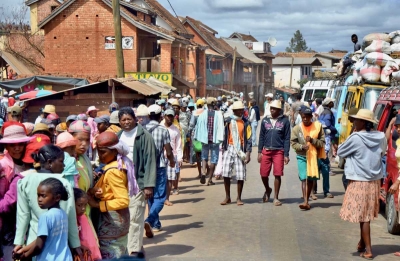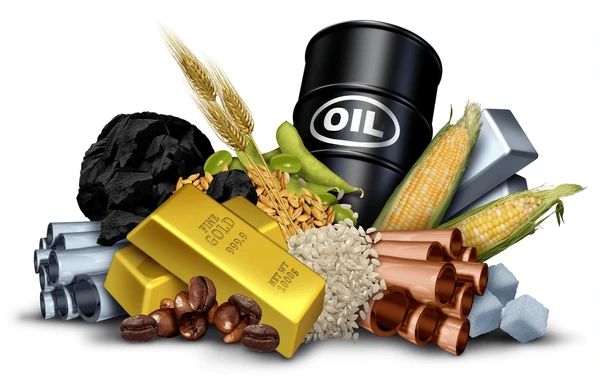Madagascar traders

Madagascar's economy is largely based on agriculture, mining, fishing, and forestry. The country is one of the world's largest producers of vanilla, cloves, and ylang-ylang. Madagascar also exports significant quantities of coffee, cocoa, sugar, and textiles. Despite its rich natural resources, the country struggles with poverty and underdevelopment, relying on foreign aid and international investment to stimulate growth.
The financial system in Madagascar is still underdeveloped. While there are several banks and microfinance institutions operating in the country, access to financial services, especially in rural areas, remains limited. The Malagasy currency, the Ariary (MGA), has been subject to fluctuations, and inflation is a recurring issue. Efforts to strengthen the financial sector are ongoing, but corruption and political instability have hindered substantial progress.
In terms of trade with countries in West Asia and the Middle East, Madagascar exports agricultural products such as vanilla, seafood, and spices. Its exports are generally targeted towards niche markets that value organic and high-quality goods. On the import side, Madagascar sources machinery, petroleum products, vehicles, and consumer goods from these regions. Countries like the UAE, Saudi Arabia, and Turkey have growing trade relations with Madagascar, primarily driven by Madagascar’s need for industrial products and fuel.
The trade balance with the Middle East and West Asia tends to be in deficit, as Madagascar imports more than it exports to these regions. However, there is potential for growth in sectors like renewable energy, agribusiness, and tourism, as Madagascar seeks to diversify its economy. The government has been working to attract foreign investment by improving infrastructure, but challenges such as weak governance, limited transportation networks, and energy shortages remain obstacles to economic expansion.
 Grace IARI5 months ago
Grace IARI5 months ago ProfileGranite, Marble, Quartzite
ProfileGranite, Marble, Quartzite


